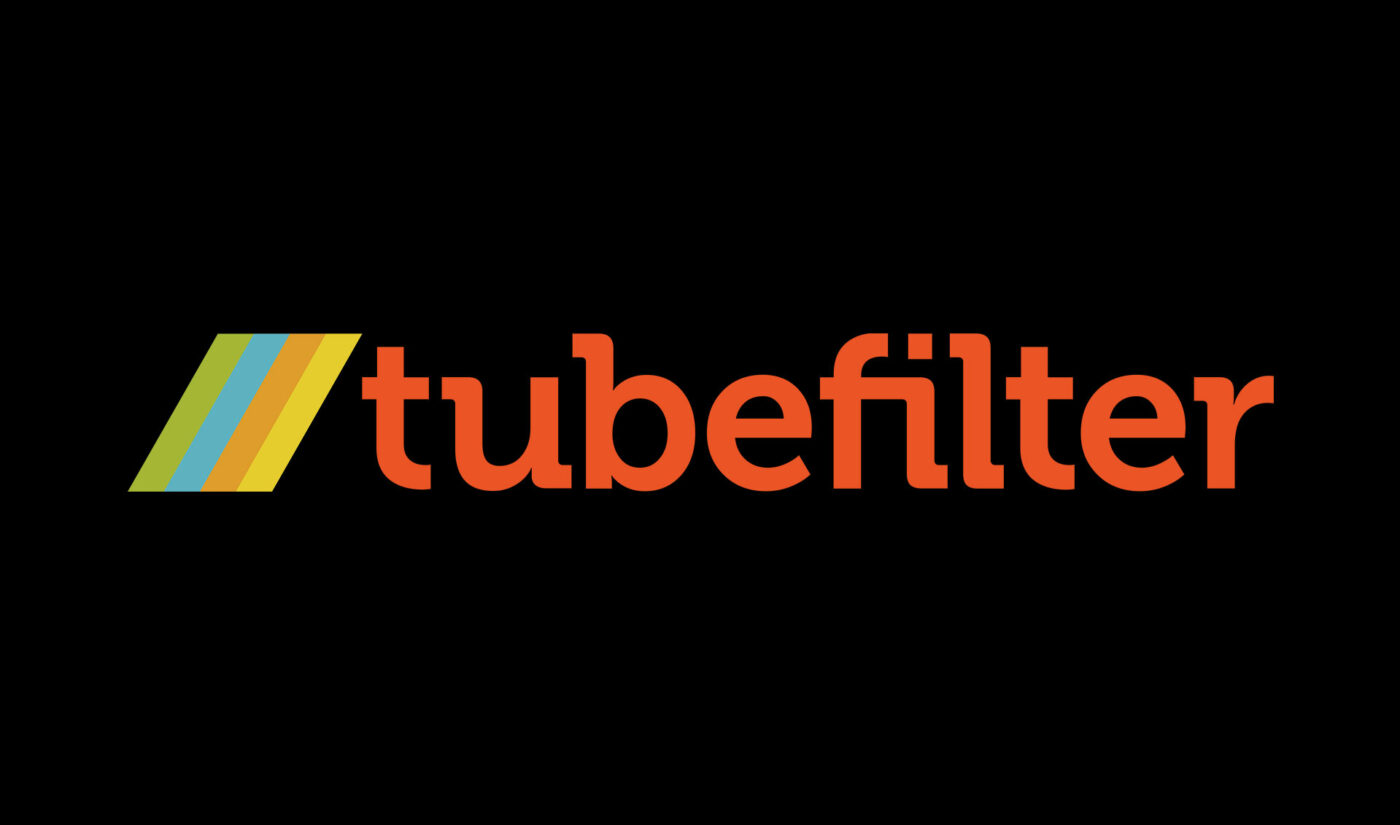Like most entertainment-related organizations, The Writers Guild of America East has noticed shifting tides. The organization that gained traction during the labor movement of the 1930s, and effectively built a countervailing negotiating force to the all-powerful studios, has begun to re-envision itself in a world with democratized distribution.
I have had the pleasure of asking Lowell Peterson, Executive Director of WGA East, all about the guild, its present position, its future form and what it means to be a signatory in the digital age. He smartly notes that “no one really knows” how new media will change the entertainment industry but, despite the uncertainty, the organization under his auspices has begun to actively engage the community of digital creators; first, by inviting new media signatories and, also, by hosting events that advance the conversation about writing, production and monetization in the digital world.
As the first new media signatory, Thom Woodley of Dinasour Diorama, sees the WGAE’s newfound interest as “further validation of the web video industry.” He appreciates their recognition that “it’s a different medium” where the definition of writers has changed and says that his decision to become a signatory has had a lot to do with the flexibility of the contract.

Subscribe for daily Tubefilter Top Stories
Woodley and other new media creators will join our Josh Cohen for a conversation on the digital world at The Paley Center in New York on September 30th…
From Words to Code: A Workshop for Surviving as a Writer in the Digital World
Wednesday, September 30, 2009
6:30 pm ET
The Paley Center for Media
Moderator: Fred Graver, Owner/Founder, innovative iPhone application, iLarious
Wilson Cleveland, Senior Vice President, CJP Digital Media
Joshua Cohen, Founder, Tilzy.tv, a leading website for reviews on original online programming
Anne Flourney, Writer/Creator, The Louise Log
Elena Moscatt, Writer/Director/Creator, Life After Lisa
Andrew Park, Creator, The Hayley Project
Thom Woodley, Writer/Creator, The Burg
And now some thoughtful musings from Lowell Peterson, Executive Director of WGA East…
We’ve seen WGA East take a decided interest in new media in the past few months. What’s prompted this seemingly sudden presence in digital entertainment?
We have been interested in new media for a while. The strike against the majors was about programs originally made for new media as much as residuals for traditional programs redistributed on the web. Our members are eager to write for the internet and other digital platforms and a lot of them are already doing so.
What might be new is our deeper understanding of the community of people outside the studio world who are creating programs for the ‘net and other platforms. We review economic research on business models and we read what the mainstream entertainment press writes, but the only way to really understand what’s going on is to meet with people who create content, day in and day out. Again, that includes a number of current members, but it also includes a whole community of folks who work outside the studio system.
No one really knows what “new media” will look like in five years, much less ten or fifteen, but we know that unless the WGAE gets involved now we will not be part of the scene in the future.
Why should new media creators consider becoming WGA signatories? What are some of the benefits?
Concretely, there are pension and health benefits (assuming a certain amount of compensation). But I think the answer is more fundamental: We are a community of people who love to create stories, to make people laugh, to present information. We represent screenwriters, comedy writers, television drama writers, news writers, public TV writers, radio writers, and, yes, new media writers. In fact, we don’t represent only writers; our members include graphic artists, producers, editors, and more.
Joining the WGAE means joining that community.
We offer many opportunities to talk and work with people at various levels of various parts of the industry – from big-name showrunners to the people who lacerate politicos on late night TV to people early in their careers.
We are also an advocacy organization that represents its members. The reality is that, without the Guild, writers would have a much tougher time earning a living, getting benefits, and protecting their creative interests. We are not alchemists who can spin gold from sweat equity. No one can expect to buy a penthouse in Tribeca by working on a project with a total budget of a couple of thousand dollars and no real prospect of a revenue stream. But the economics of digital media will certainly change. And there will be new career paths; many people who start by writing webisodes will also write feature films and higher-budget series.
Companies also benefit from signing WGA contracts (although we recognize that many digital projects are self-financed, or the production companies are owned by the writers, who also produce). Providing pension and health benefits helps companies attract and retain better writers. People who don’t have to work three other jobs to make ends me can devote more energy and time to their creative work. I don’t mean to suggest that only Guild members have talent, but there is definitely a correlation.
The guild movement developed, I understand, as a countervailing negotiating force to a limited number of networks and studios that effectively controlled distribution. How will the role of guilds change in an open distribution paradigm?
We represent writers and others employed by hundreds of entities. The major studios and networks certainly set the pace for the highest budget productions, but we have been working with independents (including low-budget ones), local television and radio stations, cable channels, public television producers, and many others for many years. Even the Hollywood system has changed significantly since the Guild was formed many years ago.
But I do think the open distribution paradigm requires us to be more creative in how we advance the interests of writers and other content creators. In some ways we face the same challenges as everyone else: how can the urge to create and communicate be balanced with the need to earn a living? In that respect we are pretty closely aligned with many digital producers, whether they are creator-owned or not. We all have to figure out a workable balance.
No one knows yet whether the major studios will be completely outmaneuvered by new players, whether there will be tiers of content production (ranging from high-budget programs made by multinational conglomerates to the prototypical cats on skateboards), or whether an entirely new structure of production and distribution will emerge. What is essential at this point is that content creators have a seat at the table. Because we represent people at all levels of the industry, we can bring an organized, informed voice to the discussions.
What you see as the attitudes towards digital media among your more established members who are accustomed to a very different system?
Almost all of our members are very excited about digital media and some of our most prominent and established members are already writing webisodes and mobisodes. Of course, they are dedicated to the art and craft and are more attracted to well-written programs, but most of them love the democratic, hip nature of the work and the content. Like everyone else, they are anxious about the economics – either that no one will be able to make ends meet or that the majors will eat everyone’s lunch.
We will offer events for both our A-listers and the younger folks working mostly in digital media. It will be remarkable how much these folks have in common.
Do you think digital media changes the nature of screen writing in any way?
Definitely. Style and structure are different. Typically the screens are smaller and the episodes are shorter. Digital media are more interactive; programs often show on screen that show other content, and people like to use links to learn more or see similar programs or just do something different.
Interested potential signatories WGAE should contact Ursula Lawrence at ulawrence[AT]wgaeast.org








